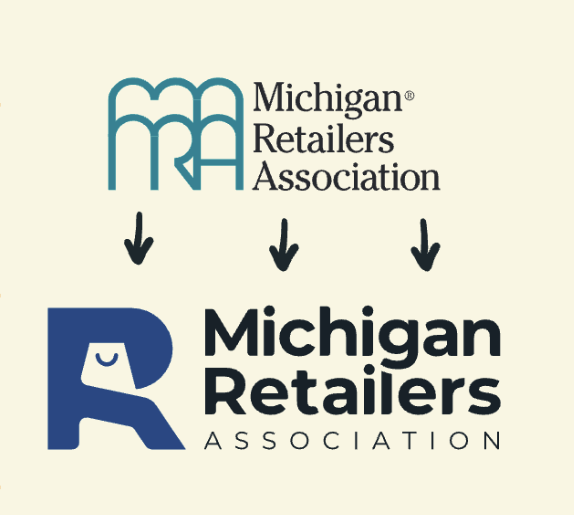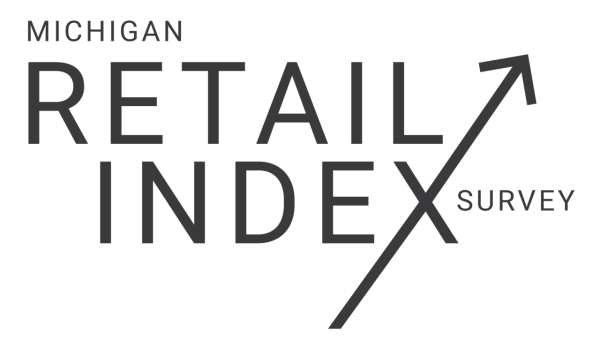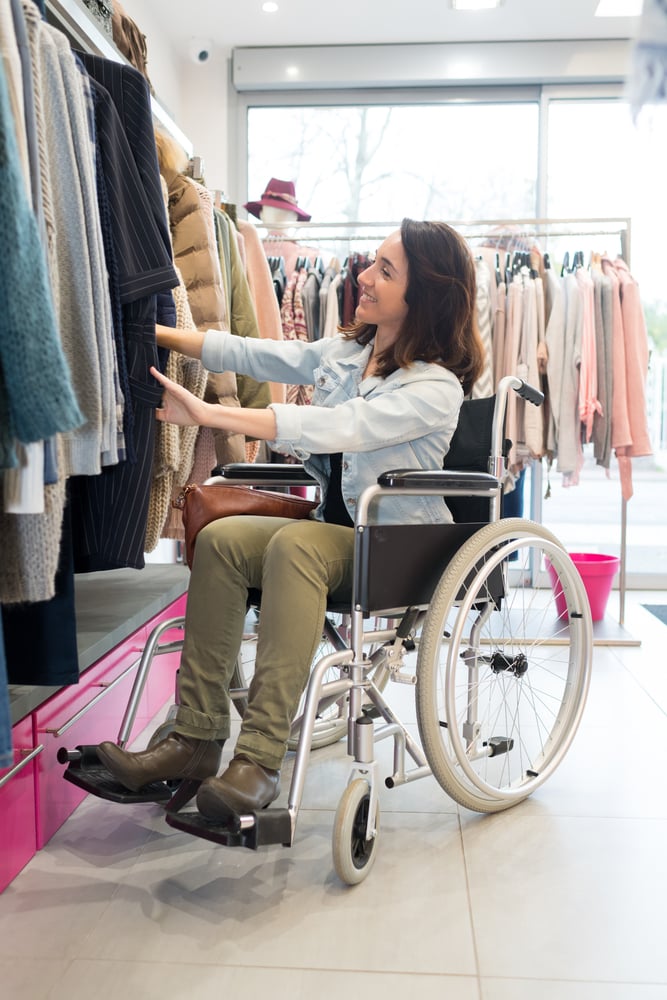By TOM CLEMENT, MRA General Counsel
Throughout the COVID-19 pandemic, retail has shown that it is equally focused on customer and employee health and business success and has proven that both can be achieved simultaneously.
Retailers have demonstrated, and the data proves, that they can follow the rules and keep business safe and open. In a sense, this has been recognized by the administration. One example is the Oct. 29, 2020 Emergency Order issued by the Michigan Department of Health and Human Services (MDHHS) director requiring contact tracing data collection from every patron of certain types of businesses. Fortunately, retail was spared from this requirement. This is due, in large part, to the low number of cases tied to the retail industry. MRA will continue its strong advocacy in an effort to keep retailers from this requirement.
Retail remains subject to a number of requirements. One onerous requirement is employee screening. Below are some answers to questions raised by retailers.
What exactly is required?
Pursuant to MIOSHA Emergency Rules 6 and 11, employers are required to:
- Conduct a daily entry self-screening protocol for all employees or contractors entering the workplace;
- Maintain a record of screening for each employee or visitor entering the workplace; and
- Retain those records for one year from the time of generation.
The self-screening must, at a minimum, include “a questionnaire covering symptoms and suspected or confirmed exposure to people with possible COVID-19, together with, if possible, a temperature screening.” Beyond the screening, employers must require employees to report signs and symptoms before or during their shift and isolate employees known or suspected to have COVID-19. Finally, when an employer learns of a positive case, they must immediately notify the local health department and, within 24 hours, notify co-workers, contractors or suppliers who may have come in contact with the person.
How is compliance most efficiently accomplished?
Retailers, whether large or small, have already demonstrated their commitment to complying with the rules, but they want to do so in an efficient manner. In order to maximize efficiency, you should consider the state recommended MI SYMPTOMS, a free online tool located at https://misymptomapp.state.mi.us. The website has an easy registration process for both employers and employees, requires employees to answer four questions each day, and automatically registers each response. Once fully implemented, the employer only needs to monitor employee compliance periodically.
Although this is the state-recommended application, some local health departments are making their own version available. Whether local versions comply with the rule requirements will need to be independently evaluated before being put into use.
A third option, if a technology solution is not for you, is to have each employee complete a hard-copy questionnaire and submit it to a designated human resources individual or in a locked depository, to protect privacy, before each shift.
What problems may I encounter and how are they best addressed?
Confidentiality and employee resistance are two issues that may arise when requiring and retaining this information. The Center for Disease Control and Prevention has confirmed that COVID-19 poses a direct threat to health in the workplace. Therefore, employers are permitted, and in many states, required to make these inquiries. Confidentiality, however, is a valid concern that your employees may raise. In order to meet your screening requirement while respecting employee confidentiality, there are several best practices that you should consider.
- Clearly communicate to your employees that their screening is confidential and explain the process used to maintain that confidentiality;
- Be honest and confirm that regardless of whether they use an application or hard-copy form, the screening can be accessed by state officials who may contact the employee if they are symptomatic or positive;
- Let employees know that the data is primarily used to anonymously create state and local maps of symptoms and positive cases;
- Be direct and indicate that the screening is required and that employees who refuse will not be permitted in the workplace.
The obligations imposed upon retailers during the COVID-19 pandemic have been a heavy lift and you have responded tremendously. The self-screening requirement is another substantial task, but hopefully this information will alleviate some of the burden.






